
Meghan Rosen is a senior writer who reports on the life sciences for Science News. She earned a Ph.D. in biochemistry and molecular biology with an emphasis in biotechnology from the University of California, Davis. Her dissertation work involved studying mutated proteins in liver and kidney cancer. She later graduated from the science communication program at UC Santa Cruz. Prior to joining Science News in 2022, she was a media relations manager at the Howard Hughes Medical Institute. Her work has appeared in Wired, Science, and The Washington Post, among other outlets. Once for McSweeney’s, she wrote about her kids’ habit of handing her trash, a story that still makes her (and them) laugh.

Trustworthy journalism comes at a price.
Scientists and journalists share a core belief in questioning, observing and verifying to reach the truth. Science News reports on crucial research and discovery across science disciplines. We need your financial support to make it happen – every contribution makes a difference.
All Stories by Meghan Rosen
-
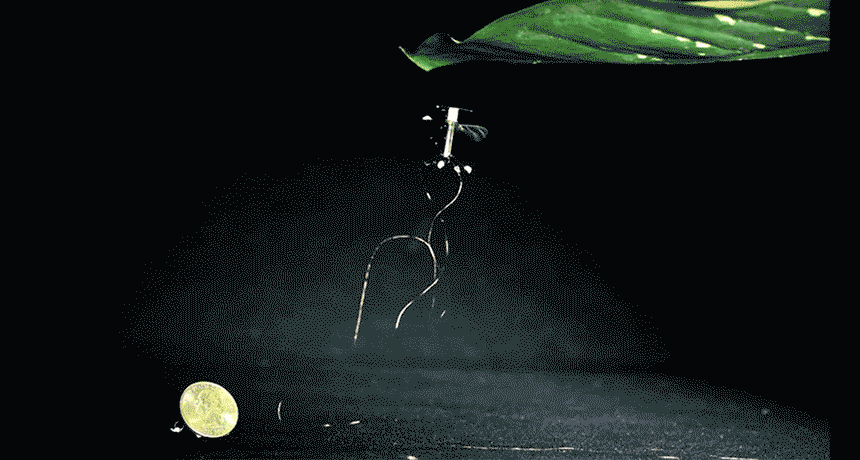 Tech
TechInsect-sized bot is first to both fly, land
A tiny aerial robot nicknamed RoboBee uses static electricity to perch on surfaces midflight. The landing device could one day help robots conserve energy during search and rescue missions.
-
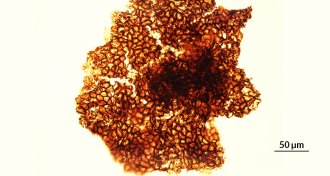 Life
Life1.56-billion-year-old fossils add drama to Earth’s ‘boring billion’
Ancient multicellular eukaryotes big enough to be seen by the naked eye discovered in 1.56-billion-year-old rock in China may be an ancestor of modern algae.
-
 Agriculture
AgricultureNew analysis: Genetically engineered foods not a health risk
No real evidence for health or environmental dangers of GE crops.
-
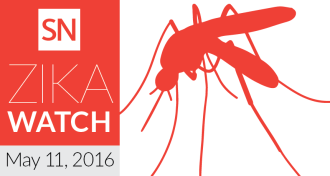 Health & Medicine
Health & MedicineMouse studies link Zika virus infection to microcephaly
Three new studies in mice shore up the link between microcephaly and Zika virus infection.
-
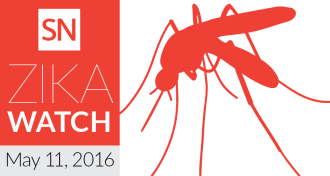 Health & Medicine
Health & MedicineThis week in Zika: First mouse study proof that Zika causes microcephaly
Three new studies in mice shore up the link between microcephaly and Zika virus infection.
-
 Health & Medicine
Health & MedicineHeartburn drugs can damage cells that line blood vessels
A type of heartburn drugs called proton pump inhibitors may damage cells that line the blood vessels. The results, though controversial, hint at an explanation for PPI’s link to serious side effects, including risk of dementia and heart attack.
-
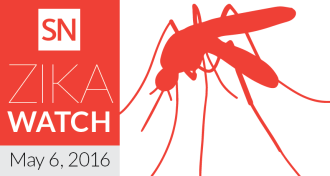 Health & Medicine
Health & MedicineThis week in Zika: An anniversary, how the virus kills brain cells and more
New weapons in the fight against Zika, how the virus shrinks minibrains, a quick paper-based test for Zika, and more in this week’s Zika Watch.
-
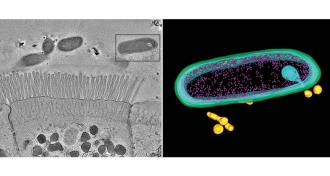 Life
LifeSome Crohn’s genes make cells deaf to messages from good gut bacteria
Genes linked to Crohn’s disease, an inflammatory bowel disease, might make people’s immune cells miss out on helpful messages sent by friendly gut bacteria.
-
 Science & Society
Science & SocietyGun research faces roadblocks and a dearth of data
Gun violence research is stifled by funding shortfalls and limitations on data access.
-
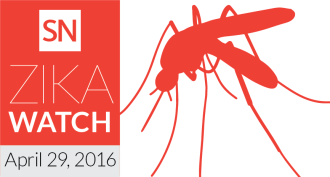 Health & Medicine
Health & MedicineThis week in Zika: Haiti hit early, possible monkey hosts, and more
A new test for Zika, how Haiti fits into the outbreak timeline, a look at monkeys that can carry the virus, and more in this week’s Zika Watch.
-
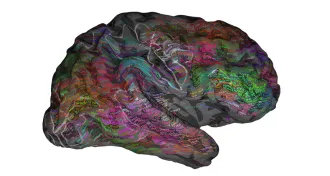 Neuroscience
NeuroscienceWords’ meanings mapped in the brain
Language isn’t just confined to one region of the brain: The meaning of words spark activity all over the cerebral cortex.
-
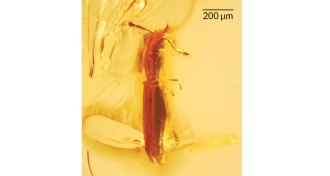 Paleontology
PaleontologyBeetle saved in amber had helicopter wings
For the first time, scientists report the fossilized remains of two tiny Jacobson’s Beetles, preserved in amber for at least 37 million years.